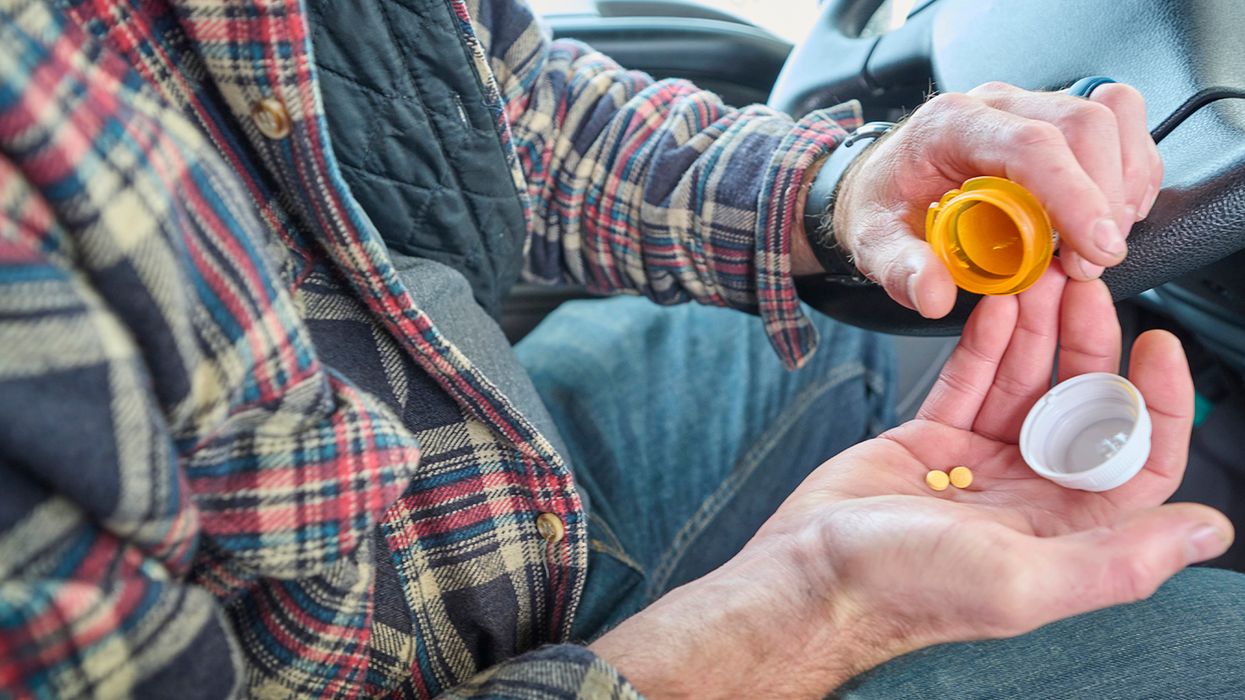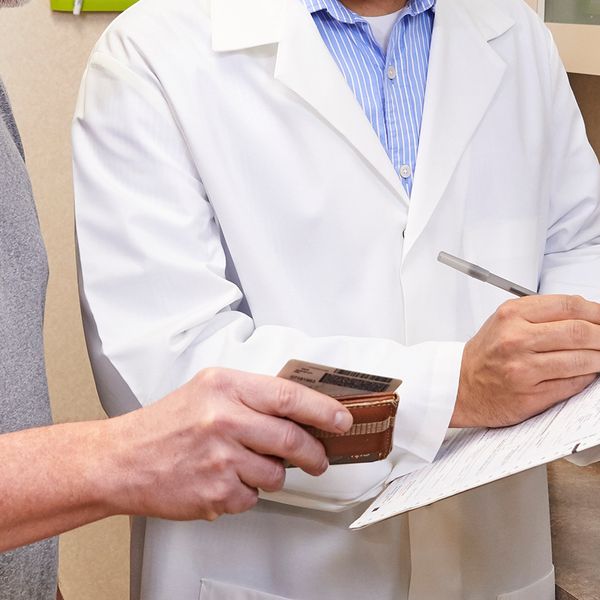Prep your DOT program for new saliva-based drug tests
Saliva-based drug testing will soon be an option for motor carriers when sending CDL drivers for DOT testing. But motor carriers may have to wait to move forward with the new oral-fluid drug testing method, since there are currently no certified labs to process the specimens.
The new regulations go into effect June 1, 2023, and urine testing remains an option for employers who do not wish to use oral-fluid testing.
Use the following checklists to help prepare for the day when this alternate testing method is readily available to employers.
| Need more info? See our Drug Testing ezExplanation. |
Is saliva-based drug testing the right choice for your carrier?
You should look at all the facts of oral-fluid testing when determining whether the testing method is right for your carrier. Consider:
- The true cost of testing: There is some conflicting information on whether oral-fluid drug testing is less expensive than urine specimens. Some have stated it costs more. Ask your service agents to provide a comparison of fees as you decide whether this alternate testing method is a fit for your operation.
- The detection window: Oral-fluid drug testing detects more recent use, making it more advantageous for post-accident and reasonable suspicion tests. It may not be as suitable for other test types, such as pre-employment or random, if you want to learn of chronic/habitual drug use. If you opt to go with oral-fluid drug testing, consider a hybrid model, using it for specific test types.
- Tampering: Oral-fluid drug testing offers fewer opportunities to tamper with specimens.
- Privacy: Unlike urine specimens, oral-fluid tests is not as intrusive. Drivers may be less hesitant to go for a test.
Internal processes
If the decision has been made to use oral-fluid drug testing, your carrier must perform some tasks in preparation, such as:
- Update your company’s DOT testing policy to indicate:
- Which test types apply to a saliva-based testing, and
- Which test types apply to a urine sample.
- Provide existing CDL drivers with a revised DOT drug and alcohol policy/educational materials letting them know what to expect at the collection site. Collect a new signed receipt from them after distribution.
- Train the designated employer representative (DER) on oral-fluid drug testing procedures, including which test types require the testing method based on policy. (The DER must communicate to the collection site whether the drug test is a urine or saliva-based sample.)
Finding the right service agents
If saliva-based drug testing works for your company, you need to:
- Confirm your collection site offers oral-fluid drug testing or seek out another vendor.
- Contract with an HHS-certified lab to process oral-fluid drug tests.
- Contract with a certified medical review officer who verifies oral-fluid drug tests.
Key to remember: When considering an optional provision in the safety regulations, such as the oral-fluid drug test, you need to weigh the decision and then make to-do list if implemented.






















































